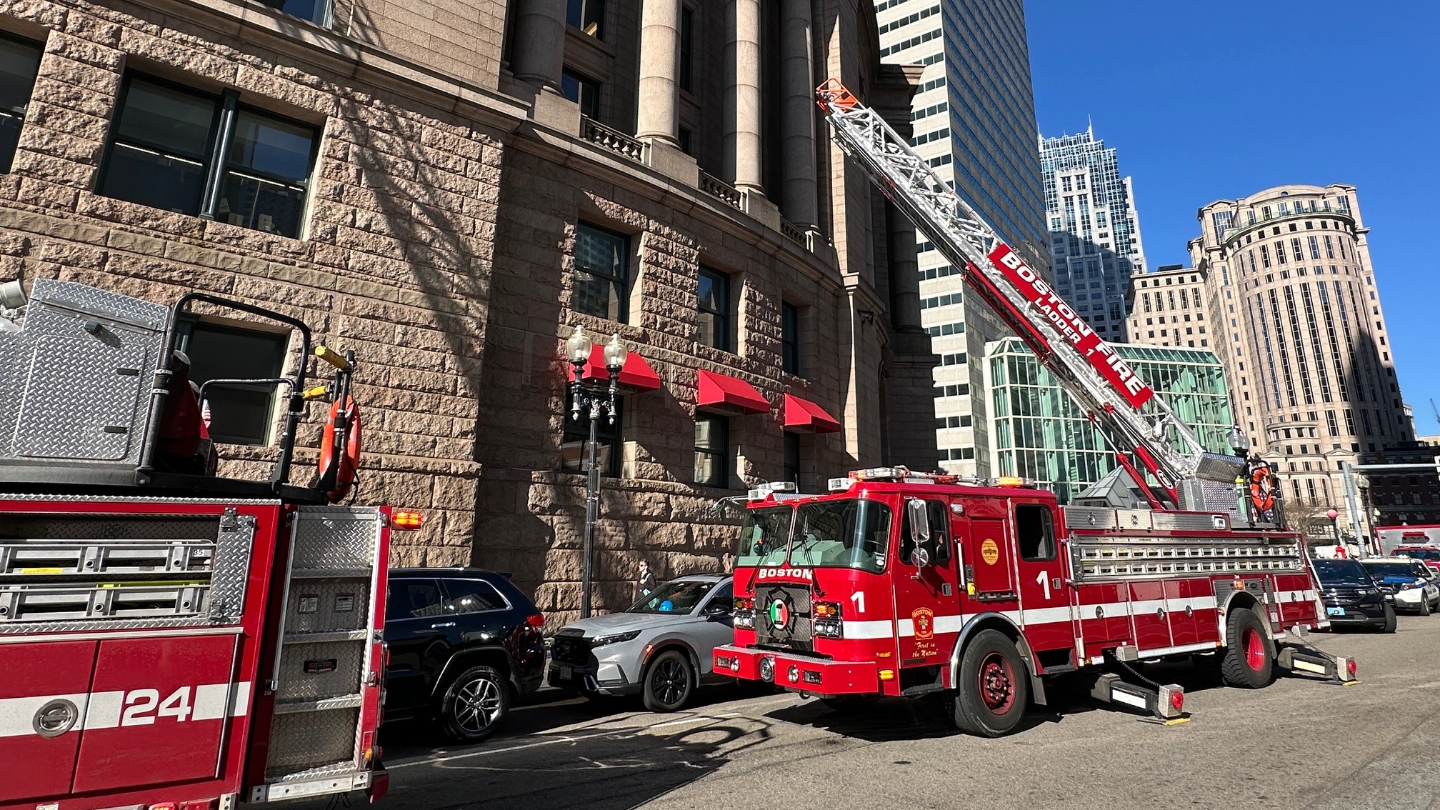In the wake of a carbon monoxide scare at a school in Newton, Massachusetts, you might assume all schools have detectors like the one that went off Friday. But you'd be wrong.
It's a law to have carbon monoxide detectors in some places in Massachusetts, but schools are not on that list.
Sophie was 8. She loved to ski and play the violin. Owen was 10 - he was a master Lego builder. The first and third graders were killed in their sleep along with their parents at an Aspen vacation house on Thanksgiving 2008.
"You don't think this can happen to you, but it can happen to you," said their aunt, Hildy Fuerbach of Rockport, Massachusetts. "There is no - no warning. No warning."
The Lofgren family was poisoned by the colorless, odorless, tasteless killer, carbon monoxide. The vacation home had no detectors.
Fuerbach has spent the last 7 years advocating for tougher laws in Massachusetts. She spoke to necn by phone as she traveled to Virginia. She was glad to hear the Newton school where two employees were sickened this morning by carbon monoxide has detectors, but is angry it's not a requirement for all Bay State schools.
"One would not send their child to a school that didn't have smoke detectors," she said. "Carbon monoxide alarms should be as ubiquitous as smoke alarms."
Local
In-depth news coverage of the Greater Boston Area.
According to the Centers for Disease Control, about 500 people in the U.S. die from carbon monoxide poisoning each year. Massachusetts doesn't track local death rates, but Fire Marshal Stephen Coan says there are about two dozen incidents a year.
Breathing carbon monoxide can cause headaches, dizziness, vomiting and nausea, but Coan says prolonged exposure or high levels can cause long-term health effects.
"Very high level of carbon monoxide can very much be life-threatening," he said.
Currently, state law only requires carbon monoxide detectors in places where people sleep, such as homes, hotels and day care centers. But Coan says children, with less mature bodies and immune systems, are more susceptible to early-stage poisoning. He says a place where they spend so much time should have an early warning system.
"We need to get out of the environment," he said. "We need to get to fresh air."
Coan points to incidents at local schools in recent years, including Waltham, Lexington and Reading. In Douglas last year, 16 kindergartners were rushed to area hospitals, thankfully with non-life-threatening injuries.
There is legislation pending that would make the alarms mandatory, but similar bills have failed in the last three years - legislators say largely because of cost concerns. But for Fuererbach, the human cost is far more expensive.
"Someone is going to die," she said. "Sooner or later, there will be a fatality."



